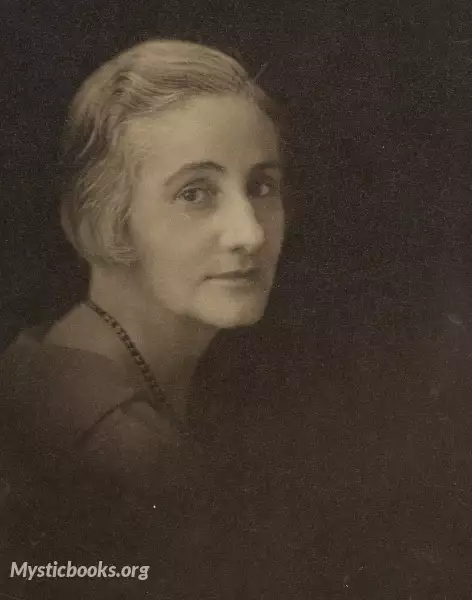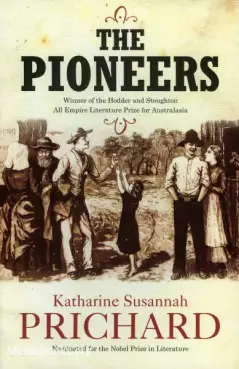
Timeline
Title
Country/Nationality
Katharine Susannah Prichard
Katharine Susannah Prichard was an Australian author and co-founding member of the Communist Party of Australia.
Prichard was born in Levuka, Fiji in 1883 to Australian parents. She spent her childhood in Launceston, Tasmania, then moved to Melbourne, where she won a scholarship to South Melbourne College. Her father, Tom Prichard, was editor of the Melbourne Sun newspaper. She worked as a governess and journalist in Victoria, then travelled to England in 1908.
Her first novel, The Pioneers (1915), won the Hodder & Stoughton All Empire Literature Prize.
After her return to Australia, the romance Windlestraws and her first novel of a mining community, Black Opal, were published.
Prichard moved with her husband, war hero Hugo "Jim" Throssell, VC, to Greenmount, Western Australia, in 1920 and lived at 11 Old York Road for much of the rest of her life. She wrote most of her novels and stories in a self-contained weatherboard workroom near the house. In her personal life she always referred to herself as Mrs Hugo Throssell. Her friends called her Kattie. They had a son, Ric Throssell, later a diplomat and writer.
Prichard was a founding member of the Communist Party of Australia in 1921 and remained a member for the rest of her life. She worked to organise unemployed workers and founded left-wing women's groups. She campaigned in the 1930s in support of the Spanish Republic and other left-wing causes. Although she had frequent arguments with other Communist writers such as Frank Hardy and Judah Waten over the correct application of the doctrine of socialist realism to Australian fiction, she remained supportive of the Soviet Union and its cultural policies when many other intellectuals, such as Eric Lambert and Stephen Murray-Smith, left the party in the 1950s. Her public position as a communist and a female writer saw her harassed by West Australian police and the federal government throughout her life. The official surveillance files opened on Prichard in 1919 were not closed until her death in 1969.
While she was visiting the Soviet Union in 1933, her husband Jim Throssell committed suicide when his business failed during the Great Depression.
In 1934 her membership of the Communist Party of Australia and the Movement Against War and Fascism led her to lead the Egon Kisch welcome committee, which rapidly metamorphosed into a committee to defend Kisch from exclusion from Australia.
The novel Intimate Strangers (1937) was a turning point in her life. The "fire of a regenerating idea" referred to in the novel's revised conclusion was reflected in the author's life.
The home has now become the Katharine Susannah Prichard Writers' Centre, a foundation promoting humanitarianism, the study of Katharine Susannah Prichard, and encouraging writing in Western Australia, where Prichard spent most of her life.
The Shire of Mundaring public library branch in Greenmount is named after her as well.
The 1996 Australian film Shine depicts the close correspondence between Prichard and Australian pianist David Helfgott. She was played by Googie Withers. Prichard helped to raise money for Helfgott, to enable him to go to London to study music.
A house at Abbotsleigh, a private school on Sydney's North Shore, has been named after her.
Books by Katharine Susannah Prichard

The Pioneers
The Pioneers is set against the background of pioneering life in the Gippsland region of Victoria in pre-Federation Australia. Mary and Donald Cameron are free-settlers who make a home in the wilderness and grow a prosperous cattle operation that est...